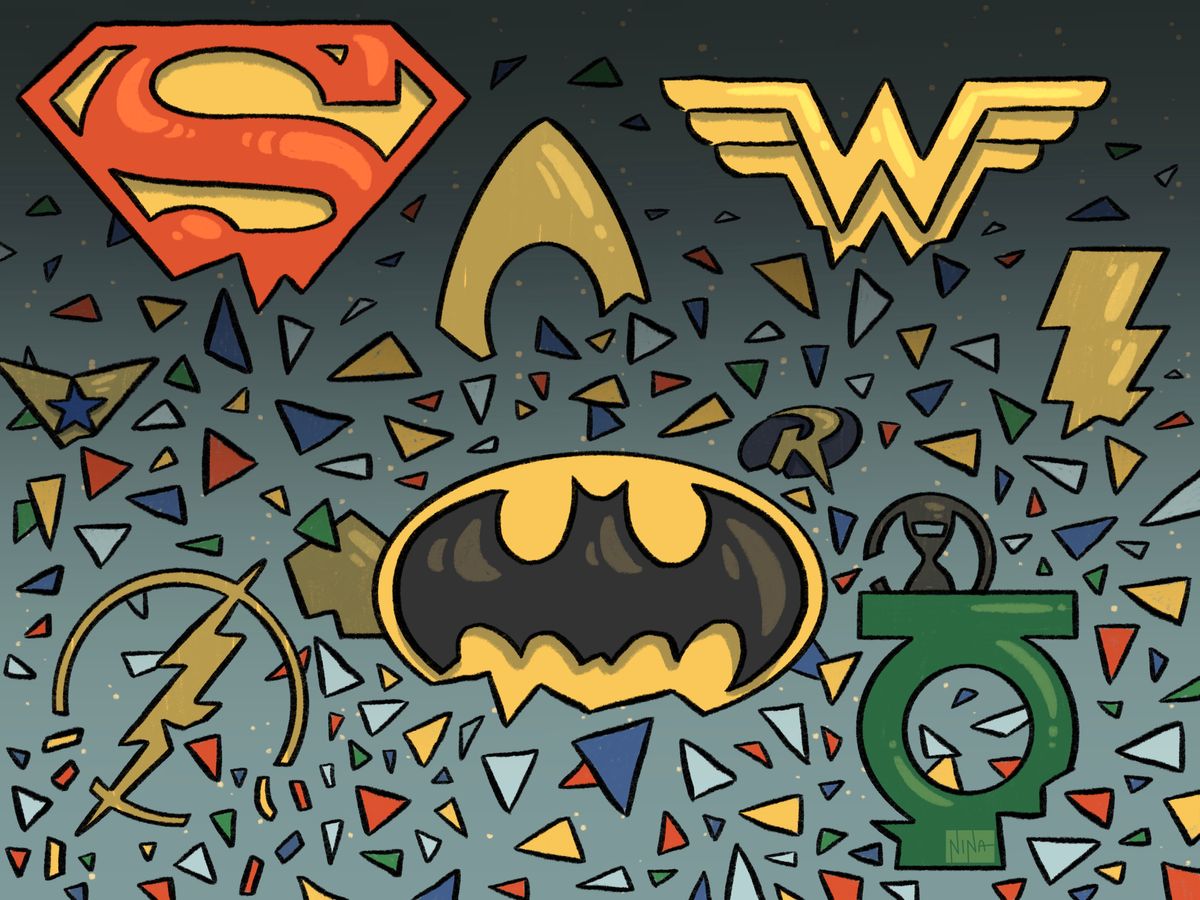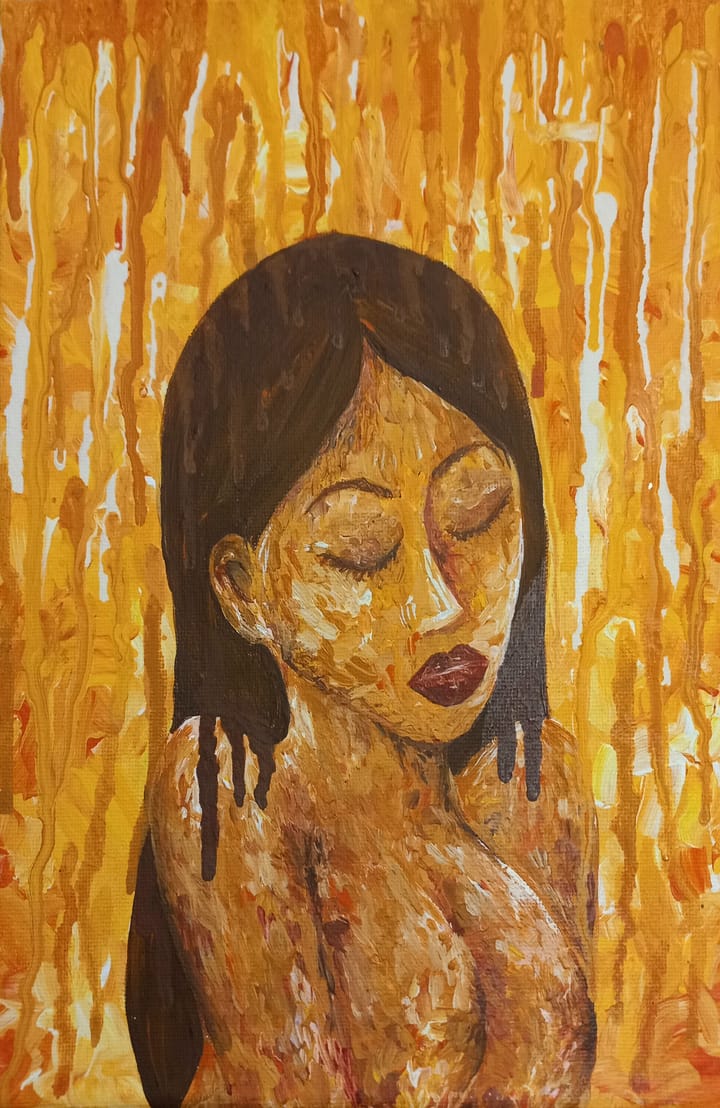“Gods and Monsters:” DC Studios’ Last-ditch Expansion
Last month, DC Studios announced the first chapter of their upcoming extended universe, with plans for ten new projects. Vaughn Armour ’25 sees this as the studio’s final attempt to shift towards a more cohesive and distinct cinematic universe.

On Jan. 31, DC Studios announced their plans for ten future projects. Entitled “Gods and Monsters,” these will make up Chapter One of the new DC Universe (DCU). Fans are excited but skeptical about these plans: for many, Gods and Monsters is DC’s last shot.
The previous DC Extended Universe (DCEU) was a mixed bag. Some movies, like “Wonder Woman,” were adored by both critics and fans. That film has a 93% Rotten Tomatoes score and made over 800 million dollars at the box office. For the most part, though, DCEU movies were either well-received by fans or critics, not both. “Shazam” and “The Suicide Squad” had scores over 90% on Rotten Tomatoes, but only made 360 and 170 million dollars respectively. DCEU films typically cost about 150 to 200 million dollars to produce, so these were major disappointments. Conversely, “Aquaman” made 1.1 billion dollars with a 65% RT score, and “Batman v Superman” made 870 million with a lowly 29% score. Some films were disliked by both fans and critics, such as “Wonder Woman 1984” (58% and $170 million) and “Black Adam” (38% and 391 million).
All of these movies have their fervent defenders, but lack continuity within the franchise, leading to a muddled fandom. Each felt like its own universe, as the DCEU was marred by inconsistency in quality and tone. Releasing director’s cuts such as David Ayer’s “Batman v Superman: Ultimate Edition” and Zack Snyder’s “Justice League” further splintered the fanbase, making the overall narrative messy and unsatisfying. Without a sense of coherence between movies, DC’s cinematic universe fails at being a universe.
Because of this, DC Studios’ new co-CEOs face an unenviable task. They have to have to craft a cohesive and enthralling story while also fighting the ghosts of the past. One of those men is James Gunn, who previously directed “Guardians of the Galaxy” and its sequels for Marvel, as well as “The Suicide Squad” for DC. The other, Peter Safran, is a more traditional executive. He produced “Aquaman,” “Shazam,” and various movies in The Conjuring Universe, Warner Bros. Studios’ high-earning horror series. Despite the difficulties of their positions, both are qualified to run DC, and their plans sound promising.
Chapter One will be comprised of five movies and five shows. One of the shows, “Paradise Lost,” will be set in Wonder Woman’s birthplace, Themyscira, before the events of the “Wonder Woman” films. Gunn and Safran described it as a Game of Thrones-style drama about political intrigue. Another show, “Lanterns,” is about the Green Lantern Corps. A fixture of the comics, the Green Lanterns have been grossly misrepresented in previous film adaptations. Because of this, “Lanterns” will be watched closely. Hal Jordan and John Stewart, iconic figures from the comics, will be the main characters in what Gunn and Safran described as an Earth-based show about space cops in the vein of “True Detective.”
On the film side, the first Superman movie since “Man of Steel” will be released in 2025 under the title “Superman: Legacy.” Safran described Superman as “kindness in a world that thinks kindness is old-fashioned,” perfectly exemplifying the character. He will not be played by DCEU lead Henry Cavill, but instead by a younger actor who has not yet been chosen.
The DCU will also introduce its Batman during Chapter One. That film will be called “The Brave and the Bold,” adapted from a classic Batman comic by Grant Morrison. In it, Batman meets Damian Wayne, his 14-year-old biological son who had been hidden from him and raised by his assassin mother, Talia Al-Ghul. This will be Damian’s first live-action appearance as Robin. Although Robert Pattinson will not be the DCU’s Batman, he will return in “The Batman Part II.” “The Batman” was also outside of the DCEU continuity, but was well-received by both critics and audiences with an 85% Rotten Tomatoes score and a worldwide gross of $770 million.
The project I’m personally most excited for is “Swamp Thing.” This will be a horror movie based on the titular Swamp Thing, a humanoid creature made of plants. I’m a massive fan of the character, and the thought of mixing the horror and comic book genres is very intriguing.
The DCEU failed because it tried to follow the MCU formula. In reality, the two properties differ greatly. Marvel heroes are more human. They have powers, obviously, but they tend to be flawed and relatable, especially in the comics. Iron Man is a narcissistic alcoholic. Spider-Man is a broke teenager, and Captain America is born scrawny and weak. They’re real people with real flaws, making it easier to empathize with them.
DC characters are gods. Superman, Wonder Woman, Swamp Thing, Martian Manhunter and many others are simply too powerful to identify with. This announcement sounds like DC has finally learned that they shouldn’t strive to emulate Marvel. Instead of pouring on the feels about how Batman and Superman’s moms share the same name, I now have hope that DC will understand that their characters aren’t relatable and embrace it. If they do, they can give us an epic saga of gods battling monsters that even Marvel never could. I have hope for Chapter One: Gods and Monsters, but it’s DC’s last chance.





Comments ()